
Postgraduate Education Courses
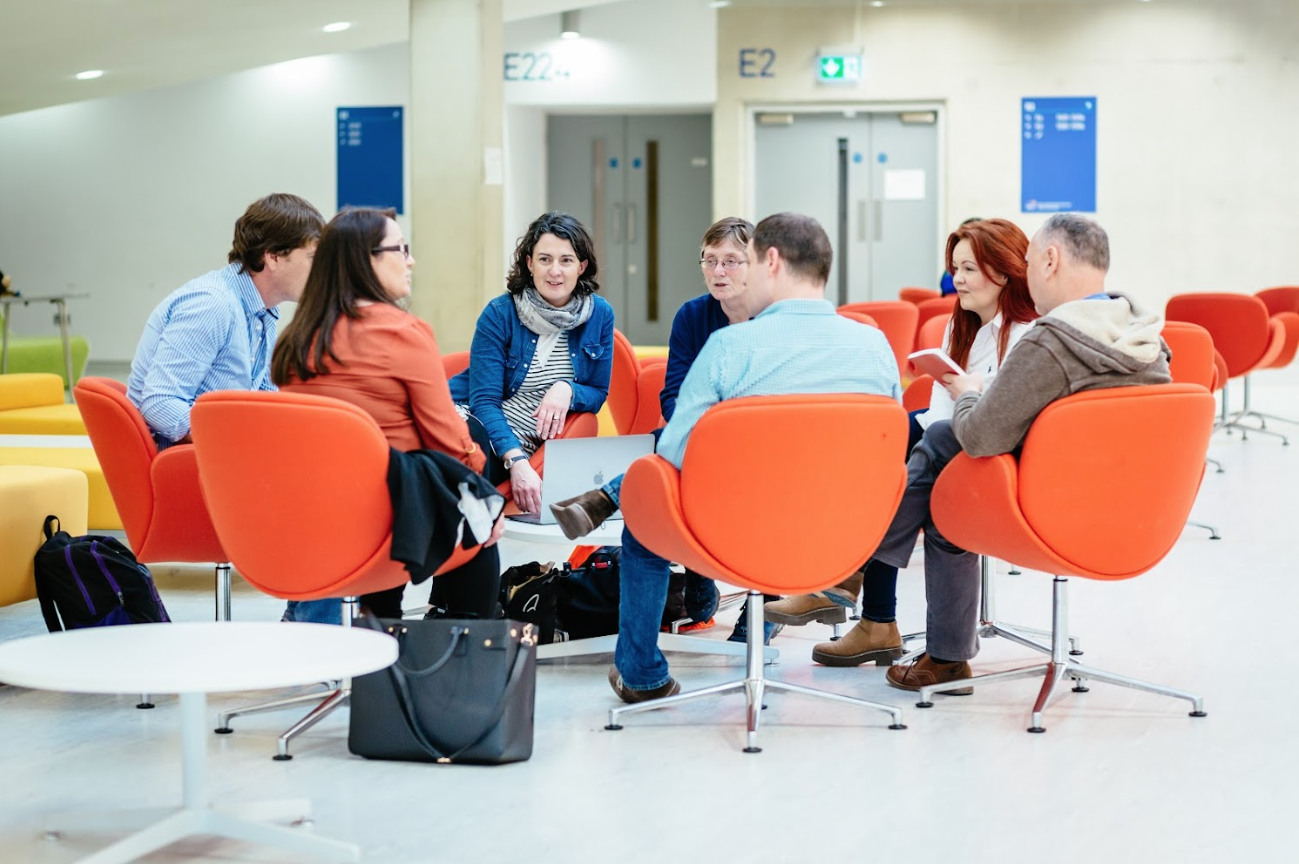
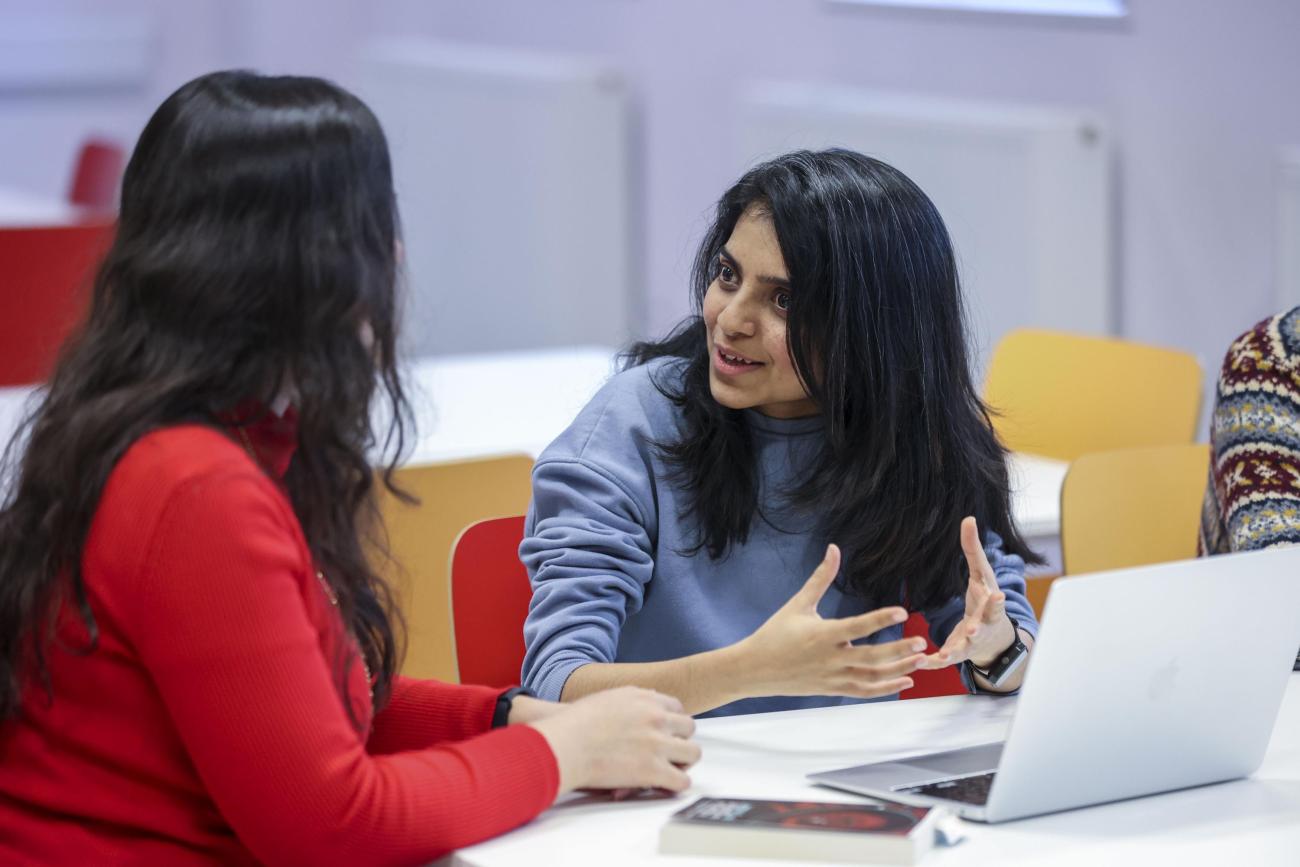
With more than 4,000 students, the DCU Institute of Education is Ireland’s largest provider of education and training with over 150 academic staff with expertise in education. We take a modern, innovative and creative approach to education. However, the PMEP cohort itself is small in size, allowing you to thrive within a smaller group while also enjoying the full university experience.
The PMEP programme starts in September each year. AT the end of August, there will be an optional Dianchúrsa sa Ghaeilge (for those keen to improve their Irish) followed by an optional school…
Find out more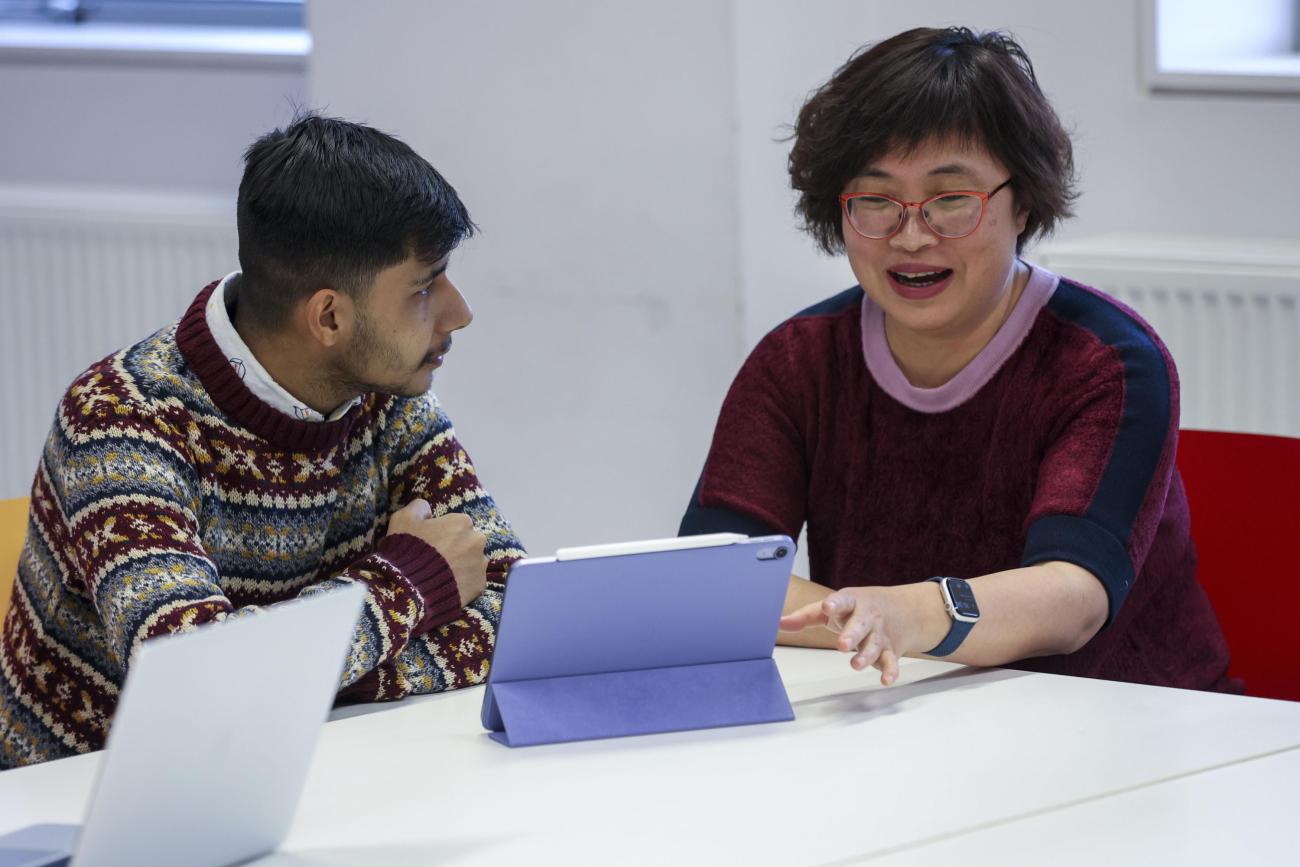
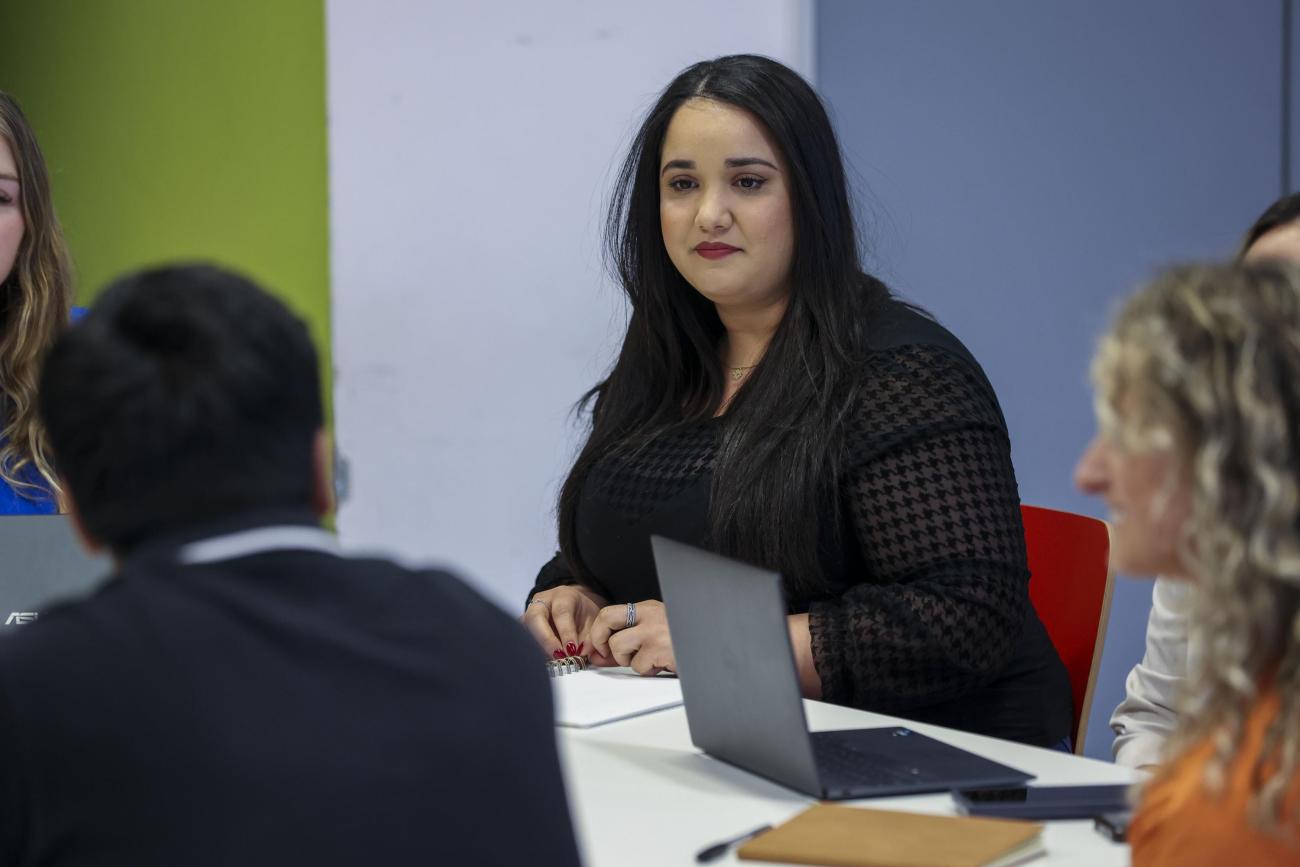
This programme aims:
- To offer professional development to individual teachers in the areas of inclusive and special education.
- To develop teachers’ knowledge, skills and competencies in relation to inclusive and special education.
- To create a community of learners, who will communicate and collaborate with each other in support of the teaching and learning of pupils with special and additional learning needs.
- To enrich the special educational knowledge, skills and competencies of other Graduates (non-…
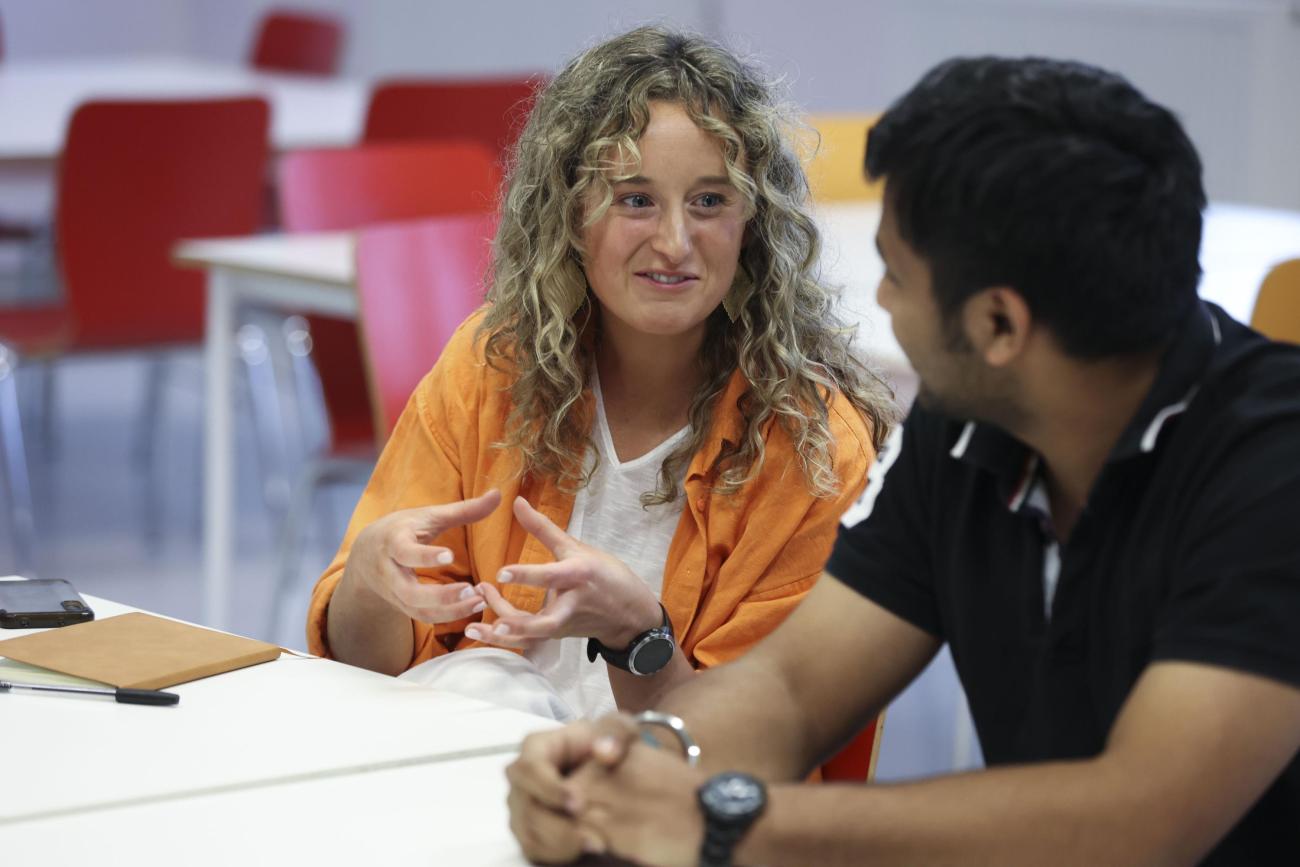
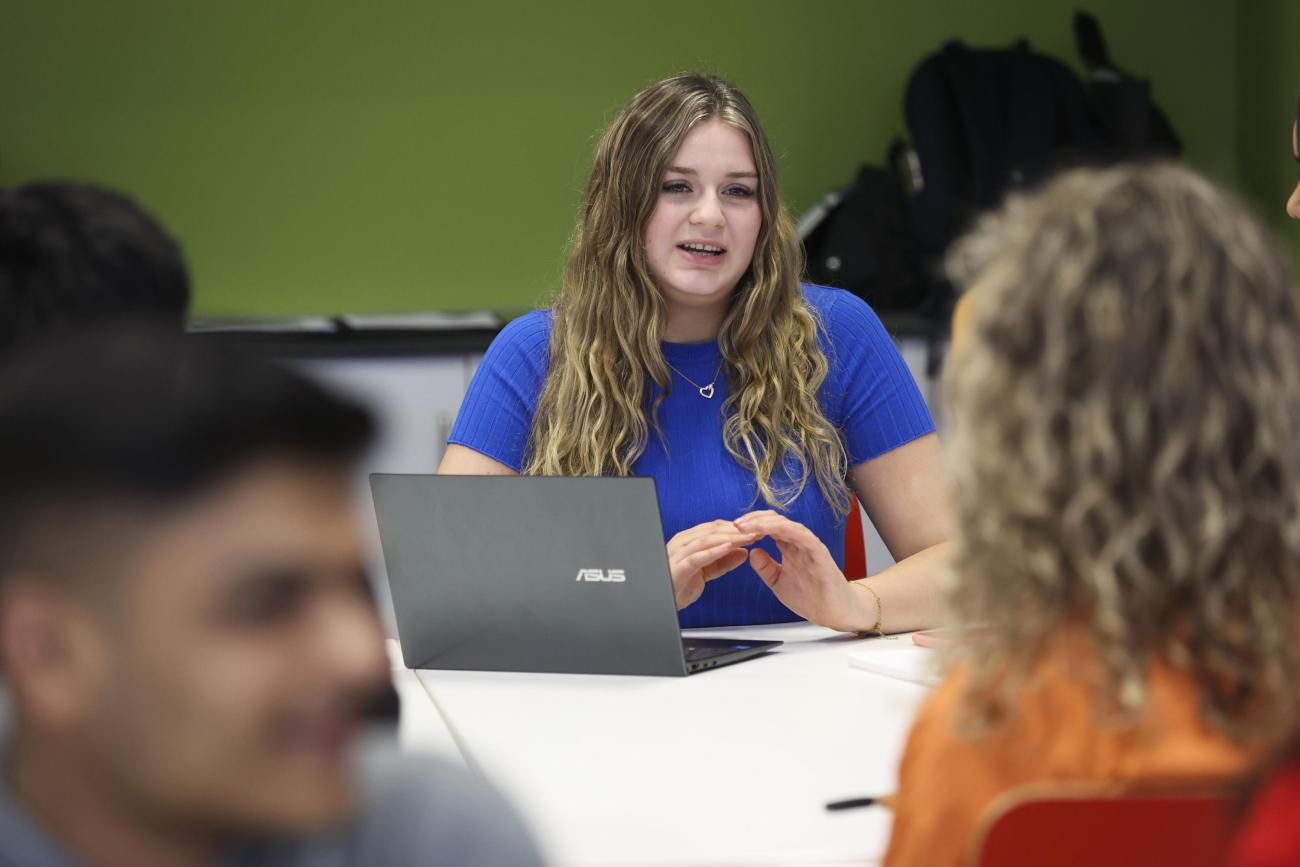

The overall aim of this programme is to provide students with a standard of excellence in the knowledge, skills and understanding necessary for practice in the field of personal, education and career guidance and counselling;
You will be educated and trained to develop a systematic and coherent framework for practice within your organisation;
Through strong reflective practice, you are encouraged and supported to develop responsibility for personal and professional development, and learn how to identify and mobilise resources across a network of…
Find out more
This is a one-year, part-time postgraduate diploma programme that aims to provide substantial theoretical and practical continuing professional development to teachers who work with learners deemed to have special educational needs and/or who require learning support in primary, post-primary and special schools and other recognised educational settings.
This course is offered in a blended format, with on campus learning in DCU’s St Patrick’s Campus, Drumcondra, combined with some online learning days. Please note, on campus learning days are not offered in a…
Find out more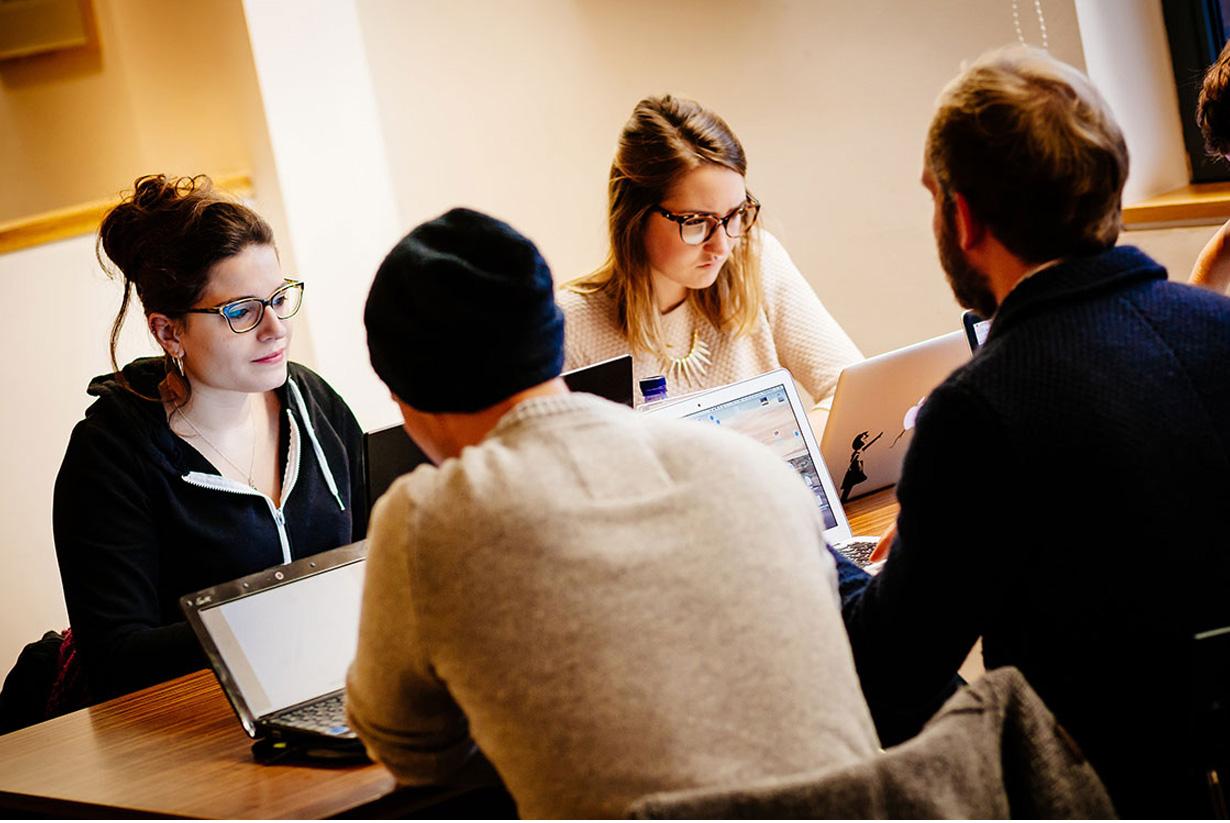
This programme is open to all serving teachers who are employed in a position funded by the Department of Education and who teach, and will continue to teach, SPHE/RSE in recognised Post-Primary schools. No fees or registration changes will apply to participants on the programme, who will continue to receive their salary in the usual way during their participation. Substitution cover will be supported by the Department of Education through block release days, up to four weeks/20 days across the duration of the programme, from the school in which the participant works. A blended approach to…
Find out more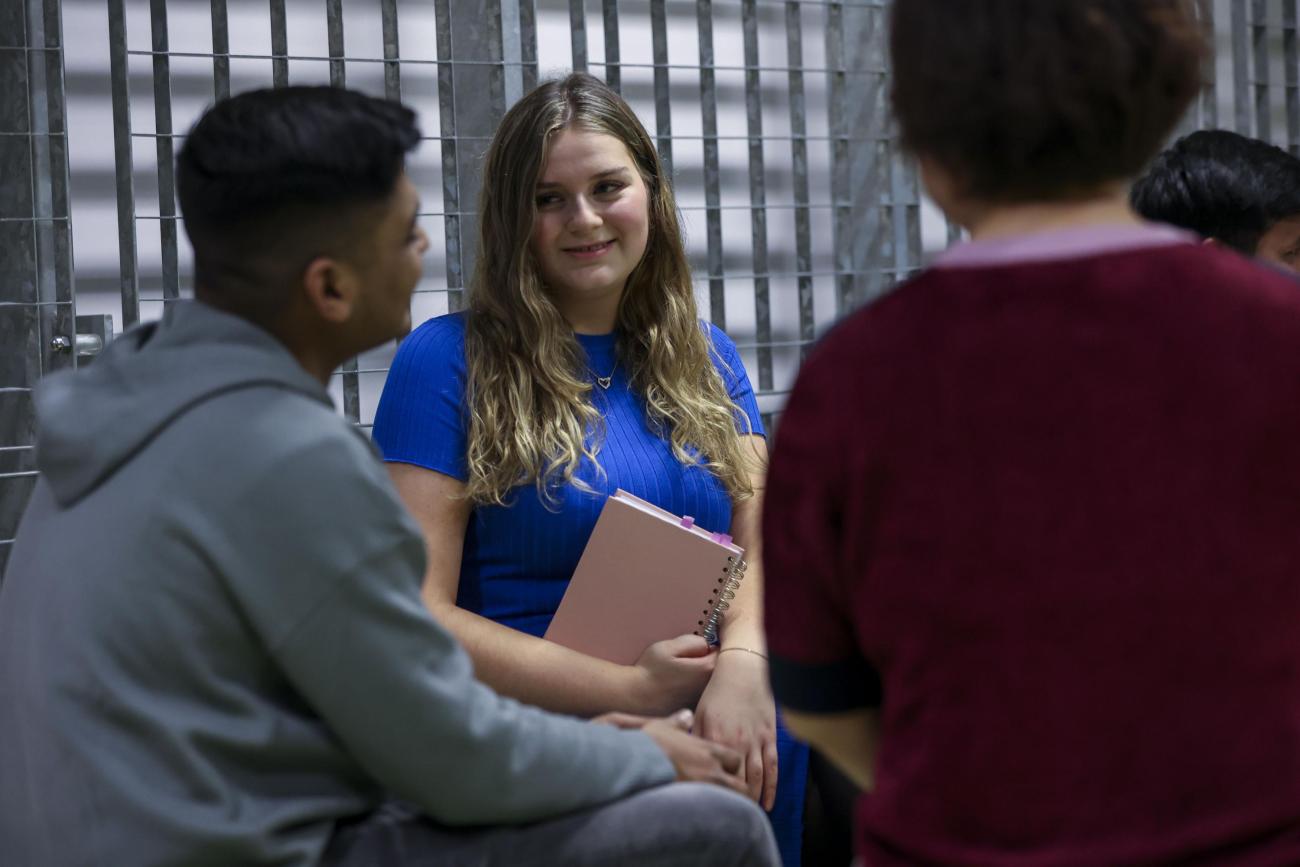



The programme aims to build capacity in schools in the area of SpLD/Dyslexia and to develop teachers who would be expected to:
- Select, administer and interpret detailed diagnostic assessments and use appropriate psychometric tools
- Effectively identify and use appropriate strategies, interventions and approaches to support learners with Dyslexic-type difficulties
- Provide expert advice to parents and professionals in different settings and at all levels
- Support mainstream teachers, contribute to the…

Students will have the opportunity to learn how to deal with a number of research methodologies including questionnaires, interviews, single-case experimental design, observation, and more. There will be workshops on data analysis including qualitative thematic analysis and quantitative data analysis using SPSS software.
Applicants for entry to MEdEN Year Two must have completed the Department of Education funded 60 credit postgraduate diploma programme of continuing professional development…
Find out more
The overall aim of this programme is to provide students with a standard of excellence in the knowledge, skills and understanding necessary for practice in the field of personal, education and career guidance and counselling.
Students are educated and trained to develop a systematic and coherent framework for practice within your organisation.
Through strong reflective practice, students are encouraged and supported to develop responsibility for personal and professional development, and learn how to identify and mobilise resources across a…
Find out more




Our part-time EdD programme is typically over four years with the first two years involving a taught programme and the final two years focused on research under the guidance of your supervisor(s).
It is also intended that the participants will have an opportunity to:
- Situate their learning and research within their own professional practice
- Develop problem-solving skills for authentic and critical problems of practice in partnership with others;
- Apply their learning to their professional practice and/or…
